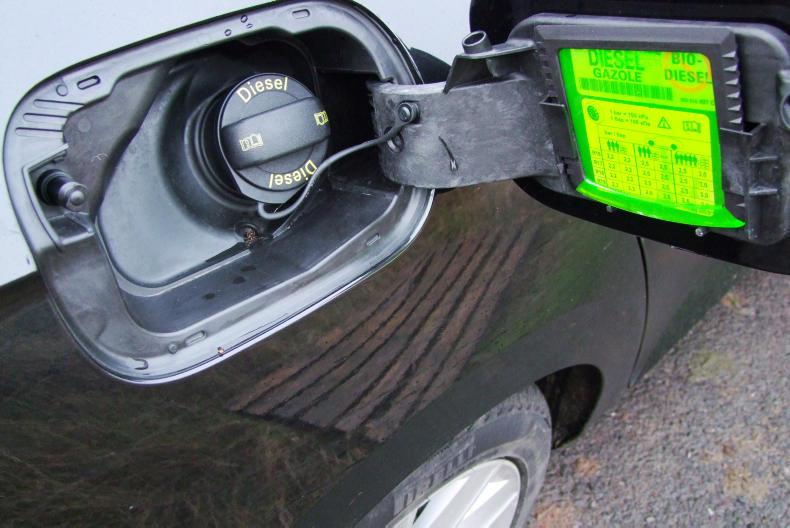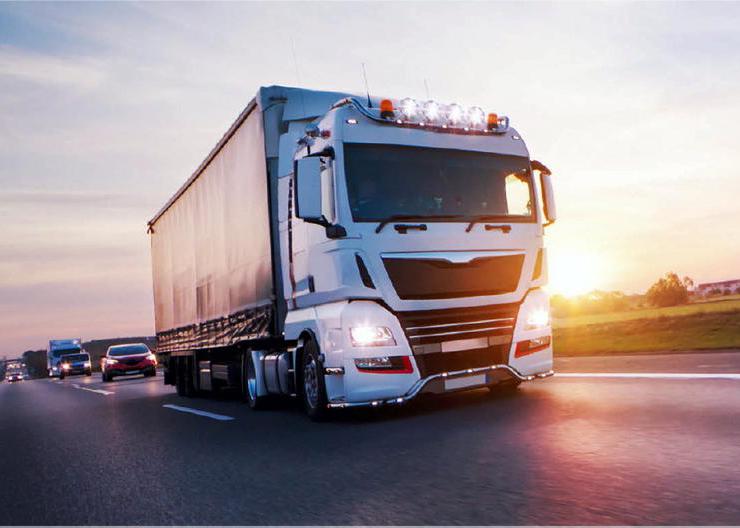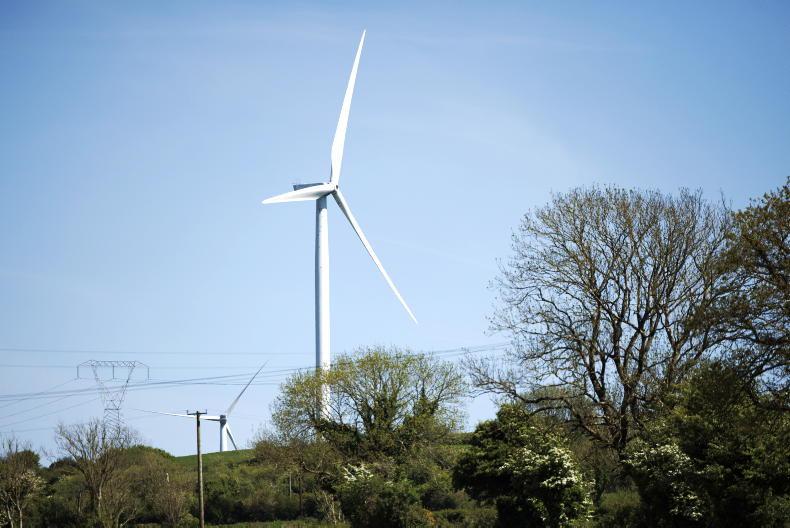According to a draft order published by Minister Naughten, the biofuels derived from crops and agri-food by-products will represent 10% of the volume of petrol and diesel sold in Ireland from 1 January 2019, up from 8% this year.
While most vehicles can use the fuels, using 10% bioethanol petrol "in older vehicles may cause technical difficulties," according to the new biofuels obligation policy published alongside the order by Minister Naughten.
Biofuel blends account for nearly all the renewable energy used in the Irish transport sector and contribute to reducing its greenhouse gas emission. They are currently largely imported from the UK.
Public consultations
The policy also plans to increase the amount of biofuels in the future, with a proposed target of 12% from 2022, subject to further public consultations every two years. Members of the public are invited to submit comments on the latest proposals by 18 May.
The ICSA has welcomed the announcement. "This makes sense because crop-based biofuels have up to 70% less GHG emissions than fossil fuels, reduce dependence on imports from outside the EU and provide a much needed boost to EU arable farmers," said ICSA president Patrick Kent.
However, the organisation is opposing an EU proposal to constraint the amount of those biofuels derived from food crops. The proposal has arisen out of fears that increasing biofuels use could compete with food production and aims to encourage more sustainable fuels derived from waste and by-products recycling.
"Biofuel production from EU crops results in significant supplies of high-value protein feeds such as distillers grains and rapeseed meal. At a time when the EU has launched a consultation on how to increase protein supplies in Europe, it makes no sense to reduce a very useful source of proteins produced in the EU," Kent said.
Read more
Should we put more biofuels in our petrol and diesel?
Full coverage: renewable energy
According to a draft order published by Minister Naughten, the biofuels derived from crops and agri-food by-products will represent 10% of the volume of petrol and diesel sold in Ireland from 1 January 2019, up from 8% this year.
While most vehicles can use the fuels, using 10% bioethanol petrol "in older vehicles may cause technical difficulties," according to the new biofuels obligation policy published alongside the order by Minister Naughten.
Biofuel blends account for nearly all the renewable energy used in the Irish transport sector and contribute to reducing its greenhouse gas emission. They are currently largely imported from the UK.
Public consultations
The policy also plans to increase the amount of biofuels in the future, with a proposed target of 12% from 2022, subject to further public consultations every two years. Members of the public are invited to submit comments on the latest proposals by 18 May.
The ICSA has welcomed the announcement. "This makes sense because crop-based biofuels have up to 70% less GHG emissions than fossil fuels, reduce dependence on imports from outside the EU and provide a much needed boost to EU arable farmers," said ICSA president Patrick Kent.
However, the organisation is opposing an EU proposal to constraint the amount of those biofuels derived from food crops. The proposal has arisen out of fears that increasing biofuels use could compete with food production and aims to encourage more sustainable fuels derived from waste and by-products recycling.
"Biofuel production from EU crops results in significant supplies of high-value protein feeds such as distillers grains and rapeseed meal. At a time when the EU has launched a consultation on how to increase protein supplies in Europe, it makes no sense to reduce a very useful source of proteins produced in the EU," Kent said.
Read more
Should we put more biofuels in our petrol and diesel?
Full coverage: renewable energy










SHARING OPTIONS